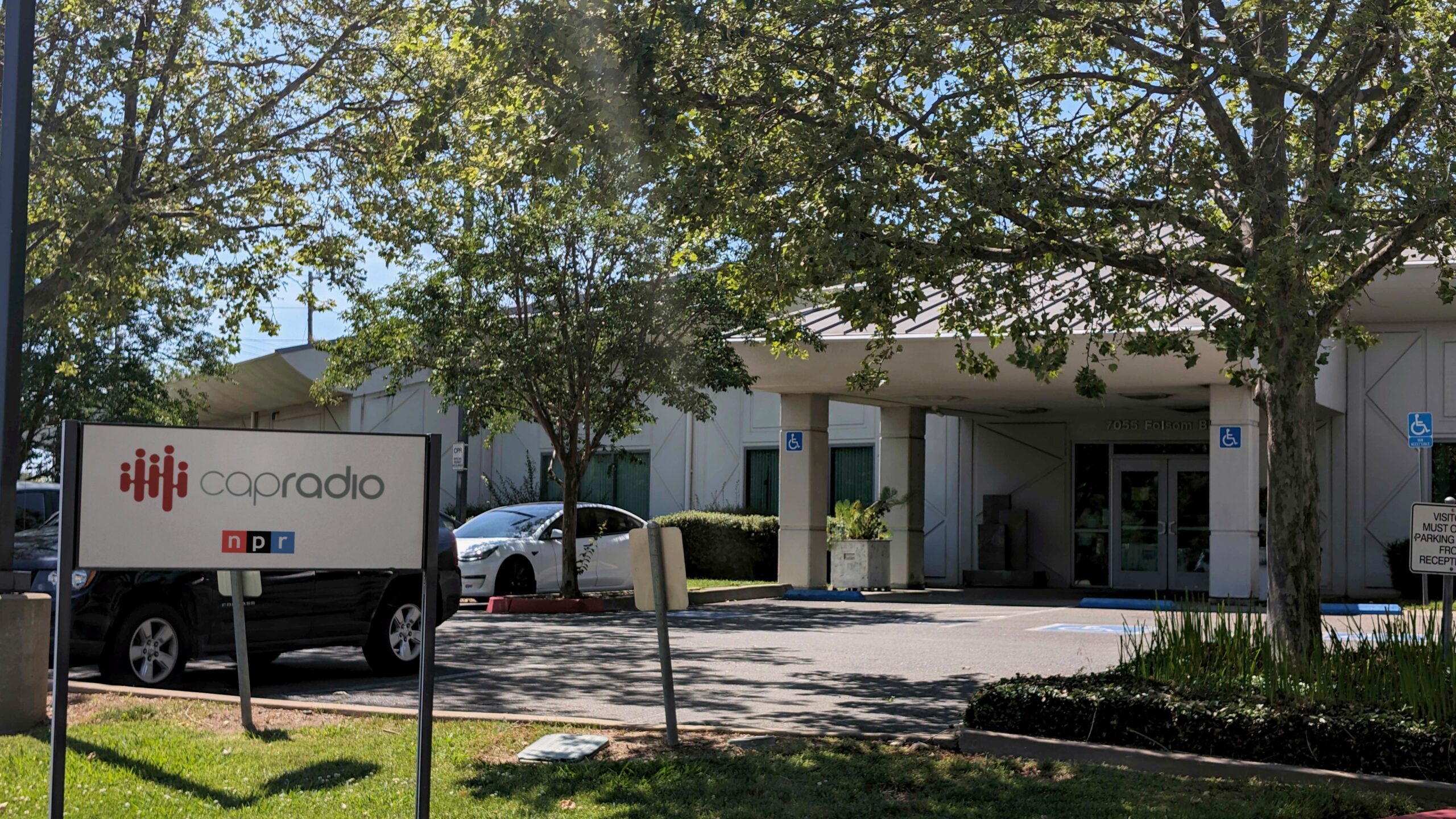Judge rejects motion to dismiss lawsuit alleging PBS violated digital subscribers’ privacy

A class-action lawsuit claiming that PBS violated the privacy of digital subscribers is proceeding to discovery under the order of U.S. District Court Judge Michael Brown.
In his March 20 ruling for the U.S. District Court in Atlanta, Brown found sufficient merit to allegations by plaintiff Jazmine Harris, who registered for an account to watch videos on PBS.org in 2015. Harris claims that PBS violated the Video Privacy Protection Act by sharing her personal information with Meta, the company that operates Facebook, without her knowledge or consent.
Harris’ complaint, filed in June, asserts PBS used Facebook’s tracking technology to collect personal data about her and other “subscribers” to its website, PBS.org, including which videos they watched. PBS matched that information with their Facebook identification before transmitting their personal information to Meta. The data was then used to deliver targeted ad messages to PBS subscribers, according to the lawsuit.
“Because Pbs.com digital subscribers are not informed about this dissemination of their Personal Viewing Information — indeed, it is automatic and invisible — they cannot exercise reasonable judgment to defend themselves against the highly personal ways Pbs.com has used and continues to use data it has about them to make money for itself,” the complaint alleged, erroneously referring to PBS’ website as PBS.com.
The complaint requested that PBS be ordered to pay $2,500 to Harris and each class member affected under the statute. Harris also seeks additional punitive damages to be awarded after a jury trial.
The Video Privacy Protection Act generally prohibits “video tape service providers” from knowingly disclosing “personally identifiable information” about any of its consumers or subscribers without their consent. The law was enacted in 1988 under President Ronald Reagan after the video-rental history of the late Robert Bork, whom Reagan nominated to the U.S. Supreme Court in 1987, was leaked to the press.
In PBS’ August 2022 motion to dismiss the lawsuit, attorneys representing the public media company argued that the plaintiff “does not allege that she is a renter or purchaser, and the Complaint’s allegations that she is a ‘digital subscriber’ fall well short of the kind of commitment or association required to be deemed a ‘consumer’ under binding Eleventh Circuit precedent.”
The precedent cited in PBS’ motion is a 2015 privacy case against Cartoon Network in which a court determined that qualifying as a subscriber “involves some type of commitment, relationship, or association (financial or otherwise) between a person and an entity.” PBS’ attorneys argued that Harris didn’t meet the criteria because she hadn’t paid money to PBS, among other factors.
PBS’ motion also stated that any disclosure of Harris’ Facebook ID occurred because she interacted with Facebook before navigating to PBS.org. Facebook users who check the “keep me logged in” button on Facebook’s website agree to allow its tracking cookies to continue to operate regardless of what the user does with their web browser, the motion asserted.
PBS reiterated similar points in an October filing supporting its motion to dismiss. Those arguments did not convince Brown, as he noted in his ruling last month.
“Defendant’s argument that it can only be liable under the VPPA if it knew both that a specific plaintiff used Facebook and was logged into Facebook while using Pbs.org does not sway the Court,” Brown wrote. “Again, Plaintiff alleges Defendant installed the pixel for the specific purpose of transmitting personal viewing information whenever possible and in an automated manner. No more precise knowledge is required under the statute.”
“Perhaps Defendant’s intentionality will look different after discovery,” Brown added. “But, at this point, Plaintiff’s allegations are sufficient to allege Defendant acted with the requisite state of mind.”
Jazmine Harris v. PBS was originally assigned to Judge Amy Totenberg of the U.S. District Court for the Northern District of Georgia, sister of NPR legal affairs correspondent Nina Totenberg. Amy Totenberg recused herself from the case, according to the court docket.





